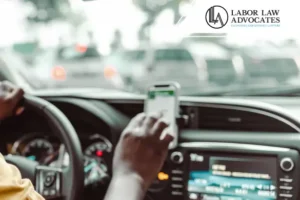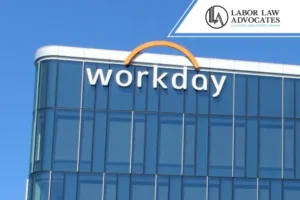In a class-action lawsuit filed in a federal court in New York on November 21, 2023, OpenAI and Microsoft are accused of violating copyright laws by appropriating the work of non-fiction authors without authorization or compensation.
Julian Sancton, the author of the acclaimed New York Times bestseller, “Madhouse at the End of the Earth: The Belgica’s Journey into the Dark Antarctic Night,” is the plaintiff in this case.
His work, which details the true story of a polar expedition in the Antarctic in the 1890s, has been the focus of significant time and resources.
The lawsuit alleges that Sancton was able to undertake this journey thanks to the “exclusive rights” granted by the U.S. Copyright Law over his creations and argues that OpenAI and Microsoft have blatantly ignored these exclusive rights, engaging in commercial reproductions of millions, or even billions, of copyrighted works without proper authorization or compensation.
The lawsuit claims that the defendants, in collaboration, have used these copyrighted works to develop and market the ChatGPT chatbots, capable of generating text with the intent to mimic legitimate human responses.
According to the lawsuit against OpenAI and Microsoft, the companies reproduced extensive excerpts of copyrighted material intending to create “a machine that is capable (or will soon be capable) of performing the same kind of work for which these writers would be compensated.” This process goes against federal copyright laws.
Sancton argues that the commercial success of ChatGPT is based on the alleged violation of copyright laws by OpenAI and Microsoft. In his class-action lawsuit for copyright infringements, he acts on his behalf and on behalf of other registered authors whose works were allegedly used to train the artificial intelligence models.
This is not the first time the use of copyrighted works by OpenAI has been challenged. In September, a similar class-action lawsuit was filed in a federal court in California. The OpenAI class-action lawsuit seeks statutory damages, restitution, disgorgement of profits, and injunctive relief.
This legal showdown raises important questions about ethics and legality in the development of artificial intelligence and its implications for creators of original content.




